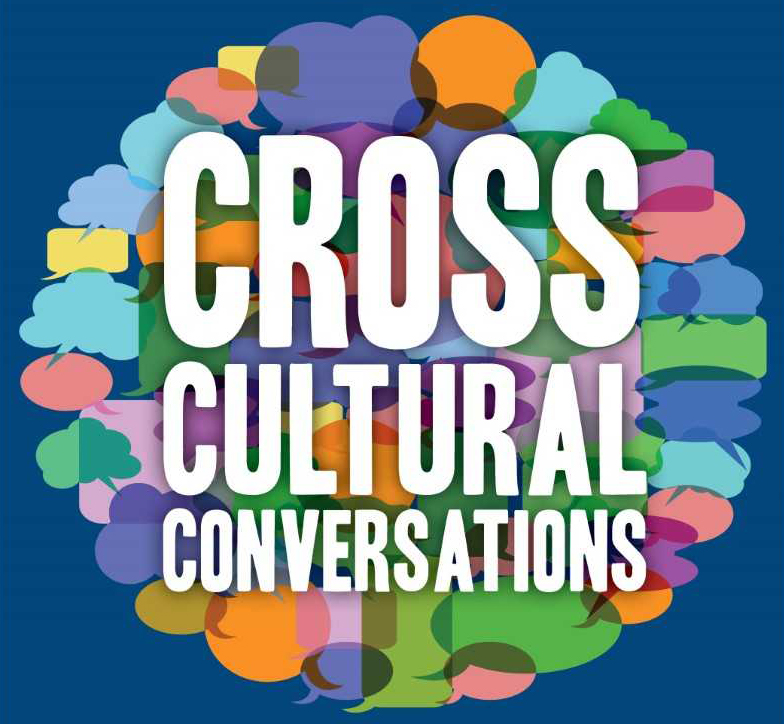Conversations bridge gaps between cultures
An opportunity for students to have informal conversations about cultural differences
Twice a month, the International Programs Office holds Cross-Cultural Conversations in the Platteville West Room of the Markee Pioneer Student Center. Cross-Cultural Conversations is an opportunity for international students and U.S. students to interact in an informal setting and share their experiences regarding both cultural similarities and differences.
“This program used to be called Global Lunch Hour, and it was offered every Friday. It’s a space to talk about our cultural differences and backgrounds, a program for U.S. students and international students to mix informally. Last spring semester we noticed a decrease in attendance, and we saw a good opportunity to reassess things,” International Student Success Advisor Jane Auge said.
Now, with Cross-Cultural Conversations, each conversation is facilitated by a staff member on a specific topic. Conversation can be more meaningful and dig into the specific topics more thoroughly. Auge is hoping to expand the program in the future by having international students present on their countries, and by partnering with other University of Wisconsin-Platteville offices.
“We’re really just trying to figure out what works best within this space. It’s a work in progress, trying to find the right balance and right flow for the best conversations to take place,” Auge said.
This particular conversation was led by Donna Anderson, the director of the International Programs Office. She presented on the idea that different cultures view time very differently, specifically within the work place.
“This is a really fascinating topic…there’s a whole body of research around intercultural communication and intercultural theory. Different cultures view time very differently…there is no one right way, but rather, there’s a whole spectrum upon which we can view time,” Anderson said.
After showing a video and presenting some research on the topic, Anderson opened up the floor for everyone to have a casual conversation. Students from China, South Korea, Saudi Arabia, Nepal and the United States all got an opportunity to share their experiences with the notion of time and the differences that they had noticed from one culture to another. One interesting difference was Daylight Savings Time. Most of the International students agreed that it was a completely alien concept to them; they did not understand how the U.S. could just ‘change time.’
There are several upcoming dates scheduled for more Cross-Cultural Conversations, the dates and topics can be found at the program’s website.





lance johnson | Nov 9, 2018 at 5:02 pm
This is a great outreach because being an international student away from home is difficult, compounded by our complex culture and language problems. Welcoming and assimilation assistance must come from numerous sources, including the White House, to aid these young people embarking on life’s journey. Most struggle in their efforts and need guidance from schools’ international departments, immigration protection, host families, concerned neighbors and fellow students, and even informative books to extend a cultural helping hand.
Something that might help anyone coming to the US is the award-winning worldwide book/ebook “What Foreigners Need To Know About America From A To Z: How to Understand Crazy American Culture, People, Government, Business, Language and More.” Used in foreign Fulbright student programs and endorsed worldwide by ambassadors, educators, and editors, it identifies how “foreigners” have become successful in the US, including students.
It explains how to cope with a confusing new culture and friendship process, and daunting classroom differences. It explains how US businesses operate and how to get a job (which differs from most countries), a must for those who want to work with/for an American firm here or overseas.
It also identifies the most common English grammar and speech problems foreigners have and tips for easily overcoming them, the number one stumbling block they say they have to succeeding here.
Good luck to all at UW or wherever you study or wherever you come from, because that is the TRUE spirit of the American PEOPLE, not a few in government who shout the loudest! Supporters of int’l students must shout louder.